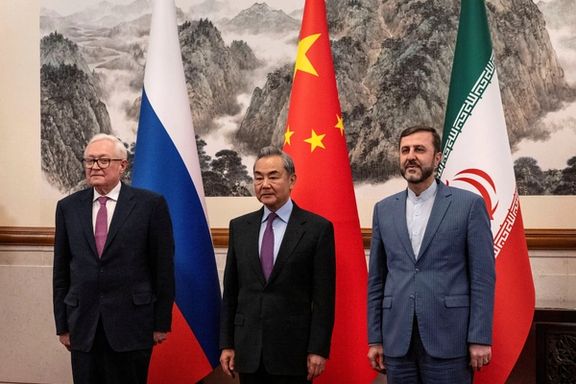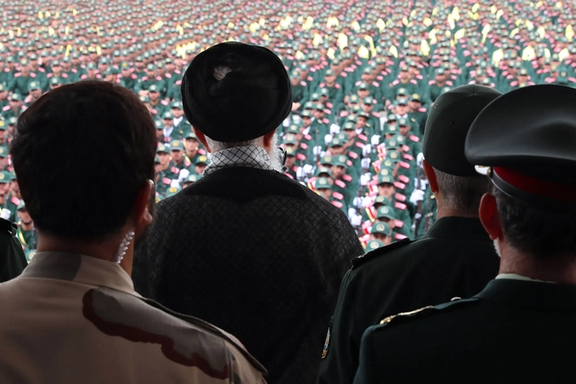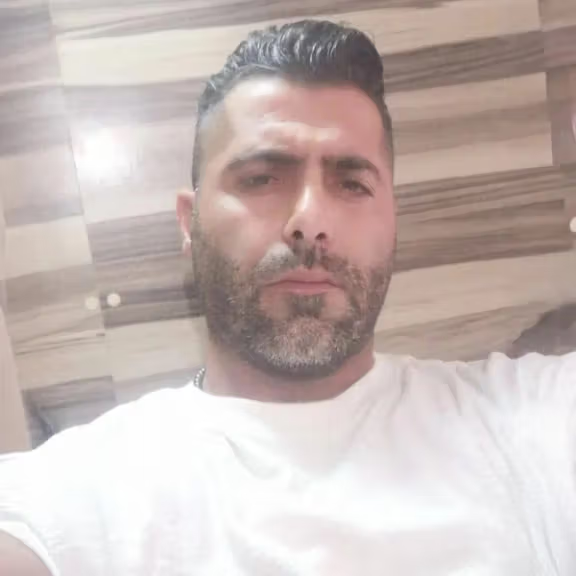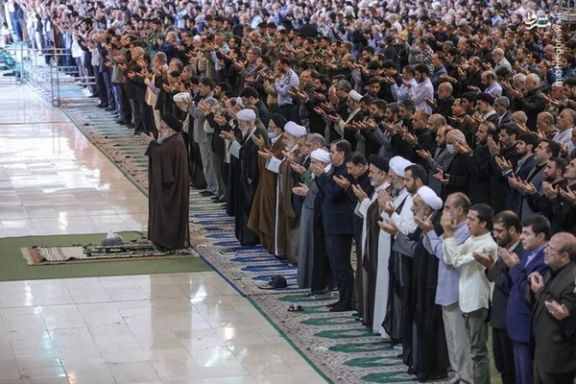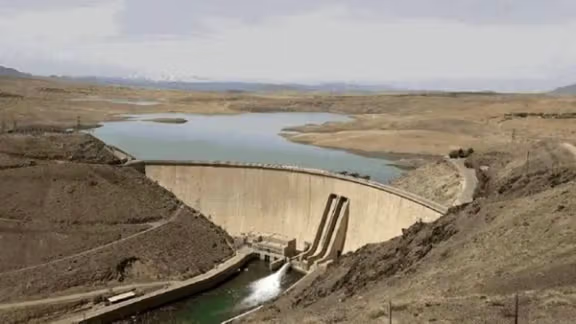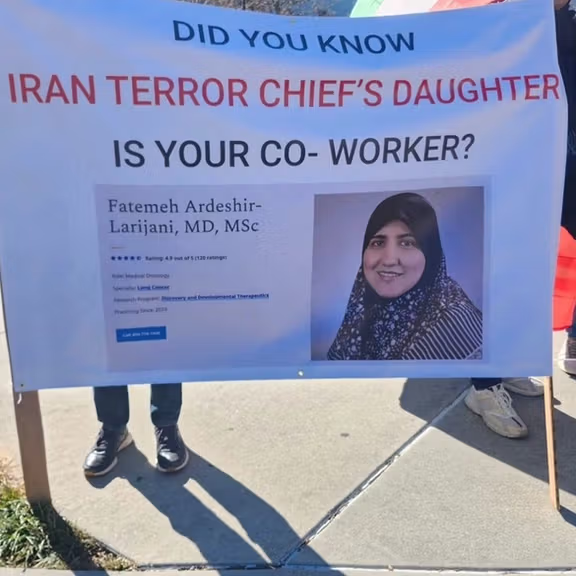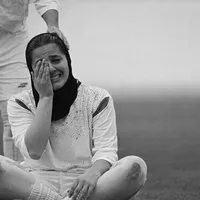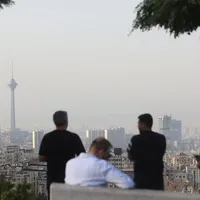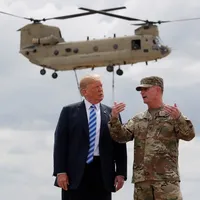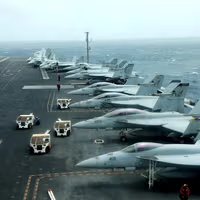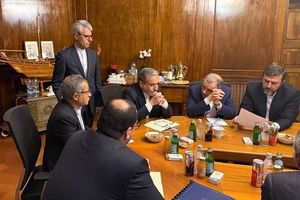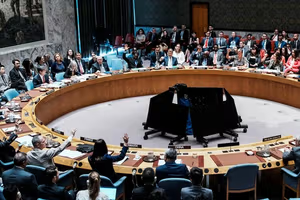The explosion caused minor damage estimated at 150 million Iranian rials or about $138 to a metal door and the building's stone facade. No injuries were reported, and public services were not disrupted.
Fallah, currently held in Lakan Prison in the town of Rasht in Gilan province where the incident occurred, was sentenced to death in February by an Islamic revolutionary court. Earlier this week, Iran's Supreme Court rejected his lawyer's appeal.
His lawyer, Milad Panahipour, has condemned the ruling as a "clear violation of proportional justice," arguing that the punishment far exceeds the severity of the alleged offense.
"The court relied on an article in the penal code which penalizes damage to vital public infrastructure. The judiciary building was not classified as a vital facility, and the explosion occurred at midnight when no one was present. This was a small sound firecracker, not a weapon of war," Panahipour said.
'War against God' charge
Fallah was arrested at Rasht Airport in July 2023 and initially sentenced to 15 months in prison of insulting Supreme Leader Ali Khamenei and propaganda against the Islamic Republic.
Despite completing that sentence, authorities filed a new case against him with charges of "moharebeh" or war against God, a charge that carries the death penalty.
Reza Akvanian, a human rights activist based in Brussels, criticized the legal basis of the ruling, saying that even under the Islamic Republic's own laws, the charge of moharebeh is unjustified.
"The law clearly defines a mohareb as someone who takes up arms, which Fallah did not do," Akvanian said. "The court's claim that this act qualifies as moharebeh is unprecedented even within Iran's judicial system."
He said that Fallah has denied all charges against him, asserting his innocence.
"These days, they’re once again looking for necks to fit their nooses," US-based activist Masih Alinejad wrote on her Instagram, referring to Fallah's case.
"There’s no proportion between the act and the punishment, but these people see killing a prisoner as a show of power," Alinejad said.
Forced confessions
Throughout the legal proceedings, Fallah was denied access to a lawyer and subjected to coercive interrogation tactics, including threats against family members.
Sources familiar with the cased told Iran International that Fallah had no access to legal counsel during his 18 months in detention. His death sentence was delivered via video conference, raising further concerns about the fairness of the judicial process.
Religious scholars in Qom, the sources added, have been urged to intervene and help overturn the sentence.
While Fallah's case has not yet been highlighted by major international human rights organizations, it reflects broader patterns documented in Iran's judicial system.
According to Iran Human Rights and other advocacy groups, more than 70 political prisoners currently face confirmed or pending death sentences, while over 100 others are at risk of receiving similar verdicts.
The Iran Human Rights Society called October “the bloodiest month for prisoners since the mass executions of 1988.” The deaths, it said, mostly linked to drug offenses or murder, included several Afghan nationals and were sometimes carried out without notifying families or allowing final visits.
Amnesty International on October 16 also urged an immediate halt to executions, saying more than 1,000 had been recorded so far in 2025, many following unfair trials aimed at silencing dissent and persecuting minorities.
